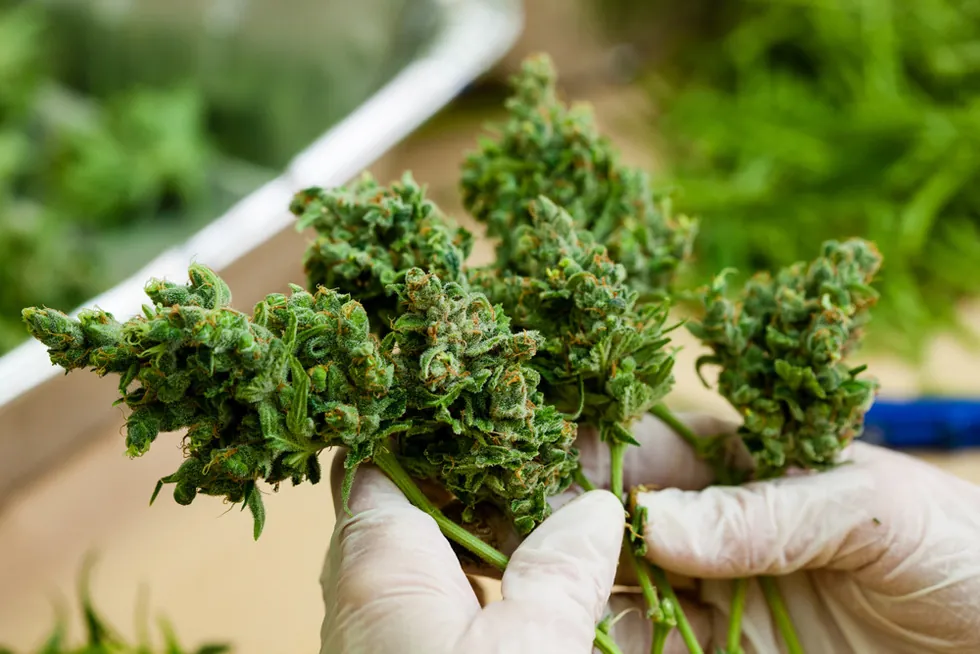Is Weed Legal In Colorado In 2023? Colorado Cannabis Laws Explained
Yes, weed is legal in Colorado in 2023. In 2012, Colorado made history by becoming one of the first states in the United States to legalize recreational marijuana. Since then, the state has been at the forefront of the legal cannabis industry, setting the stage for the complex web of laws and regulations that govern the use, sale, and possession of marijuana in Colorado. However, understanding the intricacies of Colorado’s cannabis laws is essential for both residents and visitors to navigate this unique legal landscape.
Key Colorado Cannabis Laws
Colorado’s cannabis laws are designed to provide a legal framework that allows adults to enjoy marijuana while minimizing its negative impacts. Here is a summary of some of the key laws and regulations surrounding recreational marijuana in the state:
- Possession and Cultivation: Adults aged 21 and over are allowed to possess up to one ounce of marijuana for personal use. They can also cultivate up to six marijuana plants per person, but no more than 12 plants are permitted in a single residence. This allowance enables individuals to grow their own supply for personal consumption, providing an alternative to purchasing from retail dispensaries.
- Retail Dispensaries: Marijuana can be purchased from licensed retail dispensaries. These establishments are regulated and monitored by the state to ensure compliance with the law and the safety of consumers. These dispensaries offer a variety of cannabis products, including flowers, edibles, concentrates, and more.
- Consumption: While the possession and purchase of marijuana are legal, consumption is subject to specific restrictions. Marijuana can be consumed in private residences, but it is strictly illegal to consume it in public places, such as parks, sidewalks, and businesses. The aim is to prevent the public nuisance and exposure associated with open cannabis consumption.
- Driving Under the Influence: Marijuana, like alcohol, impairs judgment and reaction times. Therefore, it is illegal to drive under the influence of marijuana in Colorado. If you are caught driving while impaired, you can face legal consequences similar to those of alcohol-related offenses, such as fines and license suspension.
- Minors and Intoxicated Individuals: To protect the health and well-being of Colorado’s residents, it is unlawful to sell marijuana to minors or to individuals who are visibly intoxicated. Strict regulations govern the sale of marijuana products to ensure they do not fall into the wrong hands.
Specific Laws for Visitors to Colorado
Colorado’s cannabis laws extend not only to residents but also to visitors. While tourists can enjoy the benefits of legal marijuana during their stay, it is crucial to understand the specific regulations that apply to out-of-state visitors to avoid legal troubles. Here are some key laws that pertain to visitors to Colorado:
- Age Requirement: Visitors must be over the age of 21 to legally purchase and consume marijuana in Colorado. This age restriction is in line with the state’s commitment to responsible adult use.
- Crossing State Lines: It is illegal for visitors to bring marijuana into Colorado from another state. This rule ensures that the legal cannabis market in Colorado remains self-contained and prevents the illegal importation of marijuana.
- Transporting Marijuana: Visitors should be aware that it is against the law to transport marijuana across state lines, even if their destination is a neighboring state where marijuana is also legal. Federal regulations still classify marijuana as a controlled substance, which complicates the issue of interstate transportation.
- Public Consumption: Similar to residents, visitors are prohibited from consuming marijuana in public places. The goal is to maintain a safe and respectful environment for everyone.
Contacting the Colorado Department of Revenue’s Marijuana Enforcement Division
If you have any questions or concerns about Colorado’s cannabis laws, especially if you are visiting the state, it is advisable to reach out to the Colorado Department of Revenue’s Marijuana Enforcement Division. This agency can provide the most up-to-date information, guidance, and assistance to ensure that you remain in compliance with the state’s regulations.
In conclusion, as of 2023, Colorado remains a shining example of effective cannabis legalization. The state has not only generated significant tax revenue from the cannabis industry but has also developed a regulatory framework that ensures responsible use, safeguards public health, and prevents cannabis-related issues. For both residents and visitors, understanding and adhering to Colorado’s cannabis laws is paramount to enjoying the benefits of legal marijuana in the state.







